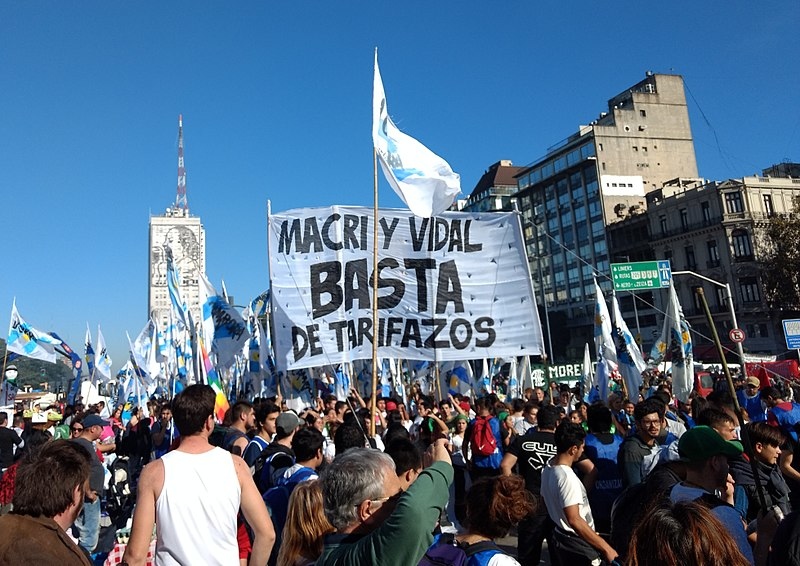The Nationalism of Cristina Fernández de Kirchner
Argentine President Cristina Fernández has increased her appeals to nationalist sentiment to build domestic political support.
A little more than two years ago, Argentine President Mauricio Macri looked like a shoo-in for reelection. Heralded at home and abroad as a skillful pro-market reformer, he led his party to victory in the midterm elections in 2017. But Macri is headed for a resounding defeat in the presidential contest slated for October 27, while his predecessor—the former President Cristina Fernández de Kirchner—is set to return to power. This time, she is running for vice president alongside her former Chief of the Cabinet of Ministers, Alberto Fernández, whom she handpicked for the top job.
Macri’s sudden fall from grace tracked the downward trajectory of the Argentine economy over the same period. At the beginning of his presidency, Macri introduced a gradual program of market-oriented reforms and even expanded some of the social policies he inherited from Fernández de Kirchner. To cover the budget shortfall, he piled on foreign debt. By the spring of 2018, however, financial markets were growing anxious about the sustainability of his reform program and foreign capital began to dry up. The Argentine peso soon collapsed and the economy fell into recession.
[...]
Argentine President Cristina Fernández has increased her appeals to nationalist sentiment to build domestic political support.
How will the Fernández administration’s policies affect the country’s economy and businesses in the long-run?
Given today’s realities, the glowing terms some used to describe US-Argentine relations in the 1990s do not make sense. But neither does the excessively negative talk heard in Buenos Aires and Washington.
 Banfield / Wikipedia / CC BY-SA 2.5 AR
Banfield / Wikipedia / CC BY-SA 2.5 AR